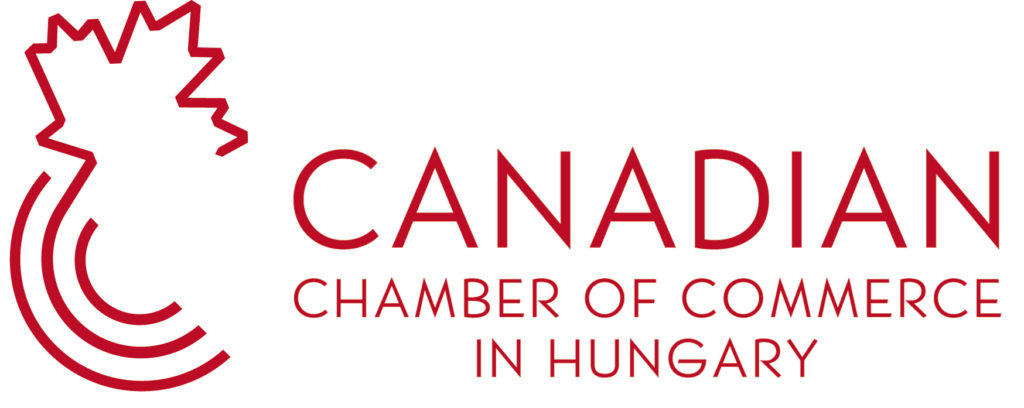As 2025 unfolds, Canada’s financial markets are at a crossroads, influenced by domestic economic indicators and international developments. Investors and businesses are closely monitoring trends to make informed decisions in a dynamic environment.
Economic Indicators and Monetary Policy
The Bank of Canada has maintained its key interest rate at 5%, signaling caution amid persistent inflationary pressures. While some economists anticipate potential rate cuts later in the year, the central bank remains vigilant, awaiting clearer signs of economic stabilization.
Inflation rates have shown signs of moderation, with the Consumer Price Index (CPI) indicating a gradual decline. However, the path to the Bank’s 2% target remains uncertain, necessitating a balanced approach to monetary policy.
Equity Markets and Investment Climate
Canadian equity markets have experienced volatility, reflecting global economic uncertainties and domestic challenges. Sectors such as technology and energy have shown resilience, while others face headwinds due to shifting consumer behaviors and supply chain disruptions.
Investors are advised to adopt diversified strategies, considering both growth and value opportunities, and to remain attentive to sector-specific developments that may impact portfolio performance.
International Trade and Relations
Canada’s trade dynamics are influenced by evolving relationships with key partners, including the United States and the European Union. Recent discussions on tariffs and trade agreements underscore the importance of strategic diplomacy in safeguarding economic interests.
Businesses engaged in international trade should stay informed about policy changes and consider risk mitigation strategies to navigate potential disruptions.
Implications for Hungarian-Canadian Economic Relations
For Hungarian enterprises with interests in Canada, the current economic landscape presents both challenges and opportunities. Fluctuating exchange rates and regulatory adjustments necessitate agile financial planning and market analysis.
Collaborations in sectors such as renewable energy, technology, and manufacturing may benefit from proactive engagement and knowledge exchange, leveraging Canada’s innovation ecosystem and Hungary’s industrial strengths.
Conclusion
As Canada navigates the complexities of 2025, stakeholders must remain adaptable, informed, and strategic. Continuous monitoring of economic indicators, policy developments, and global trends will be essential in making sound financial and business decisions in an interconnected world.
For the latest updates and insights on Canadian-Hungarian economic relations and merely Canadian economic news, follow the Canadian Chamber of Commerce in Hungary accross our platforms.
Written for the Canadian Chamber of Commerce in Hungary News Section as part of our ongoing coverage of developments affecting Canadian trade, economy and international partnerships, May 2025

